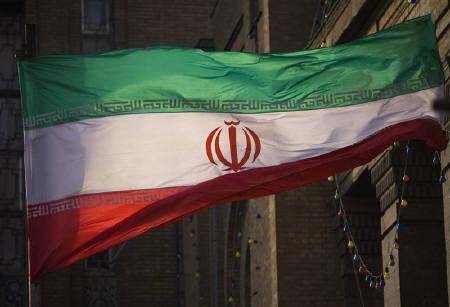
The nuclear peace talks between Iran and other worlds is expected to resume on Monday. However, there is an increased fear that not all is going to fare well.
While Iran and the world powers are expected to resume technical talks over an interim nuclear deal from Monday, back in Iran the local leaders are working over an 'ominous' draft. The bill makes its mandatory for the government to enrich uranium purity to 60 per cent, which is more or less of a counter threat, in the event the peace talks fail.
The development comes just at a time when Iran also has announced the testing of a new generation of centrifuges with improved capabilities to increase the purity of uranium.
There is much at stake here, especially as both the US and Iran have been on loggerheads. Iran has maintained that it is willing to allay international concerns over its nuclear program but it has sternly refused to have any debate over enriching uranium. The US and other countries view Iran as a threat as it already has the capability to enrich uranium purity by 20 per cent.
The US negotiations tactics have been viewed as harsh among the Iranian politicians, and by working up its uranium purity to 60 per cent, Iran will be able to have an upper hand.
Experts and policymakers from the United States, Russia, China, France, Britain, Germany and Iran had met in Geneva from 19 December to 22 to settle the practical details of the accord. But then in December, a round of technical talks in Vienna was suspended after the United States blacklisted 19 Iranian companies and people.
A landmark deal was made earlier on 24 November between Iran and the 5+1 group (the five permanent members of the UN Security Council plus Germany), according to which Iran agreed to limit its nuclear program for six months in exchange for modest sanctions relief. But since then nothing much has been achieved.
Iran and the world powers will resume technical talks in Geneva from Monday. But the recent decision to bring the draft bill and the development of advanced centrifuges is being seen as the reprisal from the Iranians. It is an 'ominous' sign that in all possibility, the talks may stretch on to January 2014 and a final solution may yet be far.














